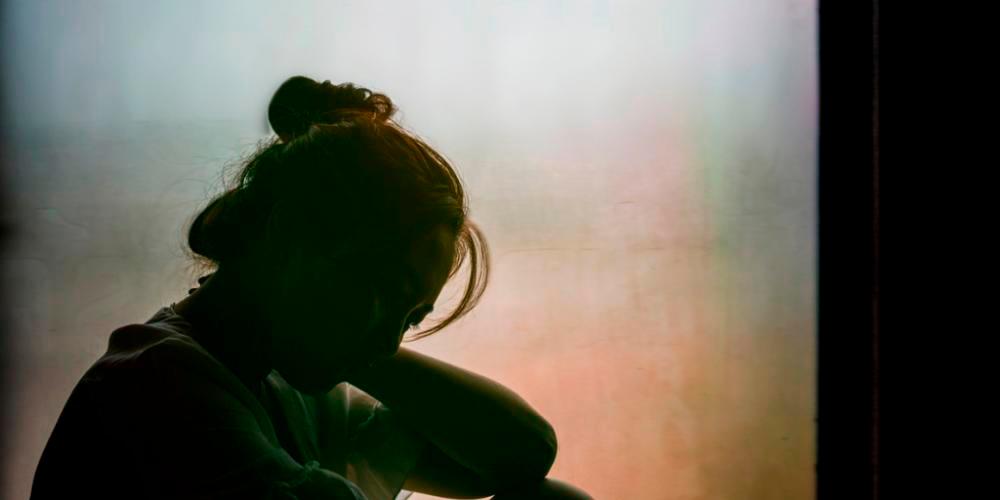THE mental health of children is increasingly becoming a critical issue worldwide, and Malaysia is no exception.
A local daily recently highlighted this concern, and the information and discussion presented paints a morbid picture.
This issue is even more alarming considering that physical health concerns often dominate public discourse while the psychological well-being of children remains overlooked.
With growing concerns over depression, anxiety and behavioural disorders among young individuals, the call is loud but the action is rather tepid.
Globally, mental health disorders affect 10 to 20% of children and adolescents, according to the World Health Organisation (WHO). Yet, many cases go undiagnosed and untreated due to stigma, lack of awareness and insufficient mental health resources.
A study published in the journal The Lancet found that nearly half of all mental disorders begin before the age of 14, making early intervention crucial.
Malaysia is facing a similar crisis. The National Health and Morbidity Survey (NHMS) 2019 reported that 424,000 children in the country suffer from mental health problems, accounting for approximately 8.1% of those aged between five and 15. These figures indicate that children’s mental health requires urgent attention from parents, educators and policymakers.
Children experiencing mental health problems often face difficulties in academic performance, social interactions and overall development. Depression and anxiety can lead to a lack of motivation, low self-esteem and, in severe cases, suicidal thoughts.
Alarmingly, the NHMS 2019 also revealed that 10% of Malaysian teenagers have considered suicide, and 7.9% have attempted it. This data highlights the devastating consequences of ignoring mental health concerns in children.
Furthermore, children with untreated mental health disorders are more likely to develop substance abuse problems and engage in self-harming behaviours as they grow older.
According to Unicef (United Nations Children’s Fund) Malaysia, bullying and cyberbullying have also contributed significantly to declining mental health among Malaysian children, especially with the rise of social media.
One of the major challenges in addressing children’s mental health is the stigma attached to seeking psychological help.
In many cultures, including Malaysia, mental health issues are often dismissed as mere misbehaviour or a phase that children will outgrow. This misconception prevents parents and guardians from seeking professional help for their children.
Additionally, Malaysia faces a shortage of child psychologists and psychiatrists. According to the Malaysian Psychiatric Association, the country has only about 500 registered psychiatrists, far below the WHO’s recommendation of one psychiatrist per 10,000 people.
This lack of resources makes it difficult for affected children to receive timely and adequate mental health care.
In this scenario, schools play a crucial role in the early detection of mental health problems in children. Teachers and school counsellors should be equipped with basic training in identifying signs of distress, such as social withdrawal, sudden academic decline and frequent mood swings.
Implementing mental health awareness programmes within school curricula can help reduce stigma and encourage children to speak up about their struggles.
Family support is equally vital. Parents and caregivers must be more attentive to their children’s emotional needs. Open conversations about feelings, stress and anxieties should be normalised at home to create a safe space for children to express themselves without fear of judgement.
Recognising the urgency of the issue, the government has taken steps to improve mental health services. The 12th Malaysia Plan (2021-2025) includes mental health as a priority, aiming to increase mental health literacy and expand access to psychological services in schools and community centres.
Initiatives like Talian Kasih 15999, a mental health helpline, provide immediate counselling for children and teenagers in distress.
Non-governmental organisations, such as Befrienders KL and Mental Illness Awareness and Support Association (Miasa), also play a significant role in advocating for mental health awareness and providing support for affected children and their families.
While Malaysia has made progress in acknowledging mental health issues among children, more needs to be done.
Increasing the number of child psychologists, integrating mental health education into school curricula and reducing the stigma surrounding mental health are essential steps towards ensuring better mental well-being for Malaysian children.
Where do counsellors fit in?
Counsellors play a vital role in addressing children’s mental health by providing early intervention, emotional support and essential coping strategies.
As the first line of defence in schools and communities, they can help identify signs of anxiety, depression and behavioural issues, ensuring timely support before these challenges escalate.
They also serve as a bridge between children and specialised mental health professionals, referring severe cases for clinical treatment when necessary.
Beyond working with children, counsellors can educate parents and teachers on fostering a supportive environment and reducing stigma, making mental health care more accessible and accepted in society.
Unfortunately, Malaysia has around 11,000 registered counsellors under the Malaysian Board of Counsellors and it is still insufficient to meet the rising demand for mental health services.
The ideal ratio recommended by WHO is one counsellor per 1,000 students in schools, yet Malaysia falls short of this benchmark. Additionally, experts suggest that Malaysia needs at least 20,000 counsellors to effectively address the mental health needs of the population.
Hence, while the race and battle rages on, we as individuals, in our respective roles can take the first step towards becoming better informed.
Dr Bhavani Krishna Iyer holds a doctorate in English literature. Her professional background encompasses teaching, journalism and public relations. She is currently pursuing a second master’s degree in counselling. Comments: letters@thesundaily.com









